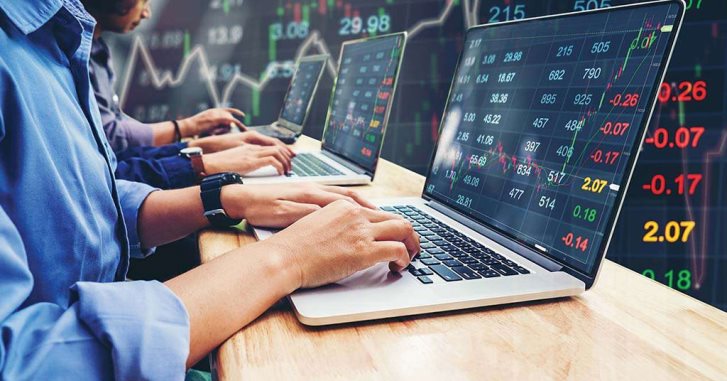Trader or analyst?
At first, all newcomers who come to the exchange think that the main character here is the trader.
Well, how exactly is a trader concluding profitable transactions, everyone sees his work and it is he who is interviewed by financial publications.
In fact, there are quite a few traders who independently make decisions about new transactions.
To be more precise, they make decisions on opening positions independently, but on the basis of data provided by the analyst. What is the difference between these two specialties, and who is actually more important in stock trading?
A trader Wikipedia interprets it - is a person who trades on his own initiative and tries to make a profit on speculative transactions.
Their task is to make a decision on a specific transaction and maintain it after opening an order, providing risk insurance.
There are few generalist traders on the stock exchange who can themselves assess the attractiveness of securities or make a forecast on the movement of exchange rates.
In order to become a trader it is not at all necessary to have a special education, it is enough to learn to see market patterns and use them correctly
 An analyst is a specialist whose tasks may include both financial analysis and economic analysis of companies, and sometimes entire industries.
An analyst is a specialist whose tasks may include both financial analysis and economic analysis of companies, and sometimes entire industries.
He not only studies reporting and statistical data, but also draws up models according to which events in the market will develop.
A financial analyst is one of the most difficult professions that requires specialized education and a certain mindset.
Typically, analysts become people with a mathematical, economic or financial education.
There is also a separate specialty in financial analytics. It is former analysts who become the best in stock trading, as they make decisions on transactions based on their own analysis of the markets.
What to do if there is neither time nor desire for long-term study? Can’t a trader trade without data received from an analyst?
Fortunately, maybe, perhaps not so effectively, but it all depends on the personal qualities of the person involved in trading. Hedge funds often work with analysts, but history knows quite a few traders who were able to reach the top without such assistants.
